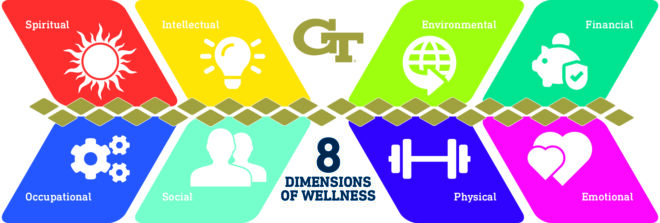Mental health advocacy activities play a crucial role in promoting awareness, reducing stigma, and improving access to mental health services. Through various initiatives and events, individuals and organizations can make a difference in the lives of those affected by mental health conditions. In this article, we will explore different activities that contribute to mental health advocacy and wellness.
1. Mental Health Workshops
Organizing mental health workshops can provide valuable education and support to individuals seeking to enhance their mental well-being. These workshops can cover a wide range of topics, including stress management, coping strategies, mindfulness, and emotional resilience.

Credit: up.edu.ph
2. Gratitude Journaling
Encouraging individuals to practice gratitude journaling can help promote positivity and mental well-being. This activity involves regularly writing down things individuals are grateful for, which can have a significant impact on their overall mental health.
3. Group Meditation
Group meditation sessions allow individuals to come together and practice mindfulness and relaxation techniques. Meditation has been shown to reduce stress, anxiety, and depression, making it an effective tool for mental health advocacy.
4. Volunteerism
Engaging in volunteer activities related to mental health can make a meaningful impact on individuals and the community. Volunteering at local mental health organizations, helplines, or community events helps raise awareness, support those in need, and combat stigma.
5. Policy Advocacy
Advocating for policy changes that improve access to mental health services is a fundamental aspect of mental health advocacy. This can include supporting legislation, contacting policymakers, and participating in advocacy events to ensure that mental health remains a priority.

Credit: www.youthlead.org
6. Breath Exercises
Breath exercises, such as deep breathing and diaphragmatic breathing, help individuals manage stress and regulate their emotions. These exercises can be incorporated into workshops, meditation sessions, or everyday self-care routines.
7. DIY Education
Providing do-it-yourself (DIY) educational resources on mental health topics can empower individuals to take control of their mental well-being. This may include online resources, videos, and informative articles that promote self-care and mental health awareness.
8. Dance Therapy
Incorporating dance as a form of therapy can be a fun and engaging way to promote mental well-being. Dance therapy has been shown to improve mood, reduce anxiety, boost self-esteem, and enhance overall mental health.
Advocating for Mental Health Awareness
Advocating for mental health awareness involves various activities aimed at breaking the stigma surrounding mental health and encouraging open discussions. These activities can include:
- Sharing personal stories and experiences about mental health
- Supporting mental health organizations and initiatives
- Advocating for policy changes to improve access to mental health services
Frequently Asked Questions For Mental Health Advocacy Activities: Empowerment For Positive Change
What Is An Example Of Advocacy About Mental Health Awareness?
Advocacy for mental health awareness includes sharing personal stories, supporting mental health initiatives, and advocating for policy changes. It can also involve promoting wellness activities and reducing stigma through social media and open conversations.
What Are The Activities Of Mental Health Promotion?
Activities of mental health promotion include promoting exercise, sleep, and good nutrition, encouraging help-seeking, reducing stigma, fostering gratitude and mindfulness, and building community spaces for support and connection.
What Activities Are Good For Mental Health Ward?
Engaging in art, music, computer games, gardening, and exercise can improve well-being in mental health wards. Offer a variety of activities to reduce boredom and enhance mental wellness among service users. Studies show that a lack of activities, especially during evenings and weekends, affects well-being.
How Do You Advocate For Better Mental Health?
Advocate for better mental health by sharing personal stories, supporting mental health organizations, and pushing for policy changes. Engage in conversations, social media posting, and openly discussing mental health to destigmatize it and encourage others to open up. Promote self-care practices like meditation and yoga for mental wellness.
Conclusion
Mental health advocacy activities are essential to promote awareness, reduce stigma, and improve the overall well-being of individuals. Whether it is through workshops, volunteerism, or policy advocacy, every effort counts in making a positive impact on mental health. By actively engaging in these activities, we can create a society that supports and understands the importance of mental health.








